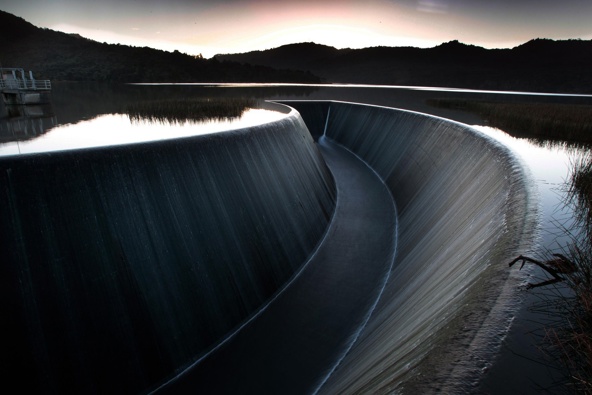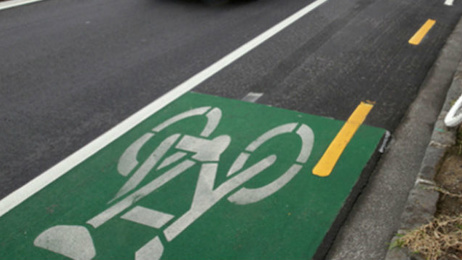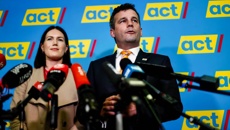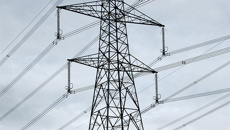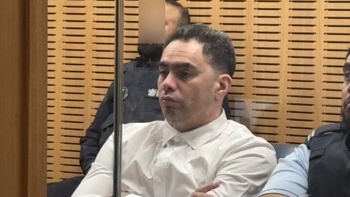I was surprised that the news that Auckland had inked a deal with the Government over water wasn't the lead story on last night's TV news.
I would have thought that John Campbell would have had a deep dive on its repercussions for Auckland and the country.
Basically, water and housing are the biggest issues for this country because every single person, business and animal needs water - and we all need a roof over our head.
But maybe the kids we call journalists these days have never got water and its reforms.
There is a lot about the deal that has not been said.
Compared to 3 Waters, it's essentially 2 waters.
Watercare deals with drinking water and human waste. Waste is sewage.
That's a billion-dollar-a-year operation.
But they don't deal with stormwater and drains. That's called sewerage and that's dealt with in Auckland by an entity called Healthy Waters. Now that's a $200 million dollar a year operation. It's not a council controlled operation. It will still be funded by council borrowings.
So when people talk about polluted waterways being fixed, that's not really covered by the Watercare deal. Which is partly why Auckland's water rates increases are still at 7.3 percent.
That 7.3 percent is, as we all know, higher than the rate of inflation and a major part of the cost-of-living crisis which the Government promised to tackle. But that's another kettle of wastewater.
This deal happened because Auckland is the only council with CCO or council controlled organisations. They are the product of Auckland's amalgamation into a Super City by Rodney Hide. CCOs were actually designed to prevent Councillors fooling about in core business they know nothing about. And because of that they've never been overly popular. Yet it is claimed that this keeps water under local control.
Ask Auckland's Mayors and Councillors about how much control they really exert over CCO's like Watercare, or Auckland Transport, or Auckland Unlimited.
So, Watercare will have the remit, which is to provide water and remove waste. Operationally, they're in full control of their processes. The Council's control is limited to a majority of places on the board. So just a reminder that CEOs run companies not boards. They purely appoint a CEO and then assess how well the CEO has done.
The Auckland deal was low hanging fruit for the Government, because the structure was already in place. The real test is how this works for everywhere else in New Zealand.
The first real test will come this week when Horowhenua, Kapiti, Wairarapa, the Hutt Valley, Porirua and Wellington City meet on Friday to work together on a plan for a greater Wellington region water deal.
They will have to set up an entity with bureaucracy and thrash out a deal about which region receives what in funding. Just like 3 Waters.
Meanwhile, the good people in the countryside not adjacent to cities will be wondering if there's any white knights riding to their rescue regarding water borrowing. Or if they're going to be left behind.
To me this deal is 3 Waters lite, with no ‘co-governance’. And that's it.
Take your Radio, Podcasts and Music with you

